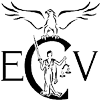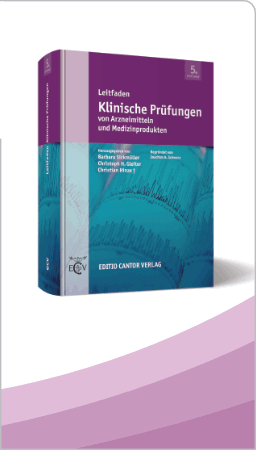| Anwendungsbeobachtungen online versus konventionelle Printdokumentation Natalie Tjia, Dr. Thorsten Gorbauch, Dr. Marlis Herbold, Dr. Laurent-Didier Jacobs, Jürgen Peiker, Dr. Andreas Schirmer, Dr. Jürgen-Hans Schmidt, Dr. Siegfried Treier und Karl Wörz Aventis Pharma Deutschland GmbH, Bad Soden Post Authorization Surveys (PAS) are a tool used by the pharmaceutical industry to gain knowledge on how their registered drugs are actually being used in daily medical practice. Authorities are constantly raising the level of quality they expect from medical research data. In order to respond to these increasing demands, pharmaceutical companies also use the Internet for conducting PAS: the doctor directly enters the data into an electronic instead of a paper form. The advantages are obvious: the data are directly at the time of entry checked for completeness, plausibility and con-sistency. In addition, with a skillfully set up electronic form, further entry errors can be avoided by leading the doctor through the form based on the documented data. The sponsor, on the other side, now has a complete new range of possibilities at hand for the PAS management, e.g. concerning the monitoring and reporting of (serious) adverse events. All these aspects add up to an increase in data quality, thus fur-ther improving product knowledge as well as safety and quality. However, the change from paper to electronic documentation implies a change in processes concerning project planning and conduct as well as consideration of new aspects of e.g. technical issues. |




